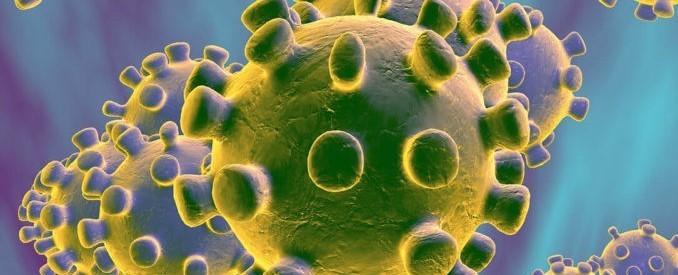The novel coronavirus, or COVID-19, is spreading in countries across the word, including in the East African region.
Many Sudanese and South Sudanese do not know how contagious the new coronavirus is.
This piece published by Radio Tamazuj today aims at explaining World Health Organization (WHO) guides on how to protect yourself and others from the virus.
In our previous section we explained the most common symptoms of COVID-19 and how it can spread from person to person. Today we look at the section, which is about the risk and worries.
How likely am I to catch COVID-19?
The risk depends on where you are – and more specifically, whether there is a COVID-19 outbreak unfolding there.
There are now places around the world (cities or areas) where the disease is spreading. For people living in, or visiting, these areas the risk of catching COVID-19 is higher. Governments and health authorities are taking vigorous action every time a new case of COVID-19 is identified. Be sure to comply with any local restrictions on travel, movement or large gatherings. Cooperating with disease control efforts will reduce your risk of catching or spreading COVID-19.
COVID-19 outbreaks can be contained and transmission stopped, as has been shown in China and some other countries. Unfortunately, new outbreaks can emerge rapidly. It’s important to be aware of the situation where you are or intend to go. WHO publishes daily updates on the COVID-19 situation worldwide.
Should I worry about COVID-19?
Illness due to COVID-19 infection is generally mild, especially for children and young adults. However, it can cause serious illness: about 1 in every 5 people who catch it need hospital care. It is therefore quite normal for people to worry about how the COVID-19 outbreak will affect them and their loved ones.
We can channel our concerns into actions to protect ourselves, our loved ones and our communities. First and foremost among these actions is regular and thorough hand-washing and good respiratory hygiene. Secondly, keep informed and follow the advice of the local health authorities including any restrictions put in place on travel, movement and gatherings.
Who is at risk of developing severe illness?
While health experts are still learning about how COVID-2019 affects people, older persons and persons with pre-existing medical conditions (such as high blood pressure, heart disease, lung disease, cancer or diabetes) appear to develop serious illness more often than others.
Are antibiotics effective in treating the COVID-19?
No. Antibiotics do not work against viruses, they only work on bacterial infections. COVID-19 is caused by a virus, so antibiotics do not work. Antibiotics should not be used as a means of prevention or treatment of COVID-19. They should only be used as directed by a physician to treat a bacterial infection.
The next section is about treatment for COVID-19 and the difference between the virus that causes COVID-19 and the one that caused the outbreak of SARS. Radio Tamazuj will bring you more information about this part tomorrow.




